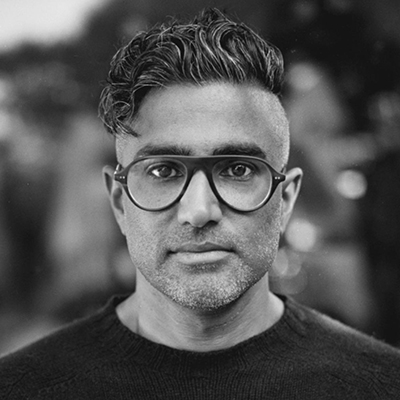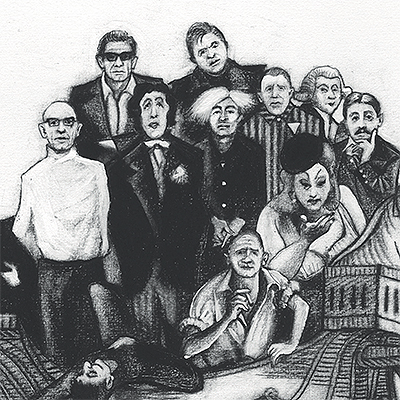Psychoanalyst and scholar Avgi Saketopoulou, the 2025-26 Avenali Chair in the Humanities, is the author of Sexuality Beyond Consent: Risk, Race, Traumatophilia.
Avgi Saketopoulou in Conversation
Avgi Saketopoulou, the 2025-26 Avenali Chair in the Humanities, engages in conversation with UC Berkeley faculty members Paola Bacchetta, Eric Stanley, and Damon Young.
Fellowship and Research Support Opportunities at the National Humanities Center
Leaders of the National Humanities Center discuss their fellowship and research support for faculty, offering tips for writing strong proposals and seeking application support.
Hannah Zeavin tells the complicated story of American techno-parenting, for an object lesson in how using technology in our most intimate relationships became a moral flash point.
Television writer and creator Sanjay Shah '99 discusses the realities of entertainment writing, from breaking into the industry to running a writers' room, offering advice to students.
Fiona McFarlane's gripping collection of short stories explores the reverberations of a serial killer’s crimes in the lives of everyday people.
Mark Goble explores how slow motion in film and literature reveals a deep cultural fascination with the uneven speeds of modern life and our ability to comprehend them.
Michel Foucault and the History of Madness
In conjunction with the Townsend Center's art exhibition by Patrick Chambon, panelists explore the subject of madness in the work of renowned French philosopher Michel Foucault.
Concrete Encoded: Poetry, Design, and the Cybernetic Imaginary in Brazil
Nathaniel Wolfson shows how the concrete movement in art and poetry — which burst onto Brazil’s cultural stage in the 1950s, during a dizzying period of modernization — presciently grappled with an emerging information age.
In his exploration of plays named after objects, Mario Telò offers a new approach to the politics of familial and social relations in Roman comedy.









